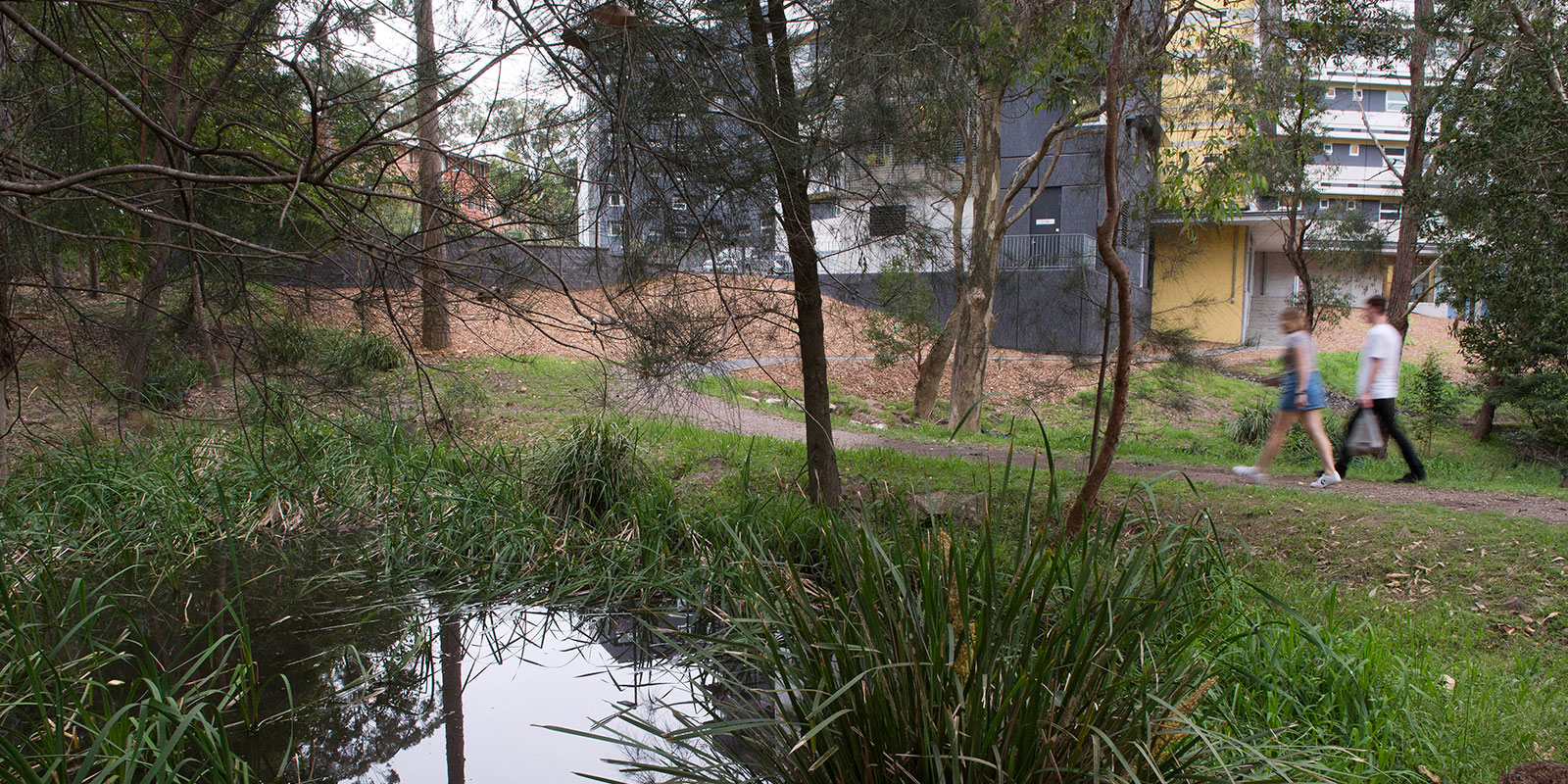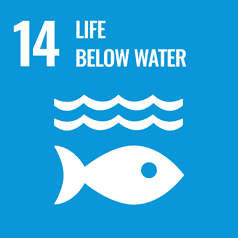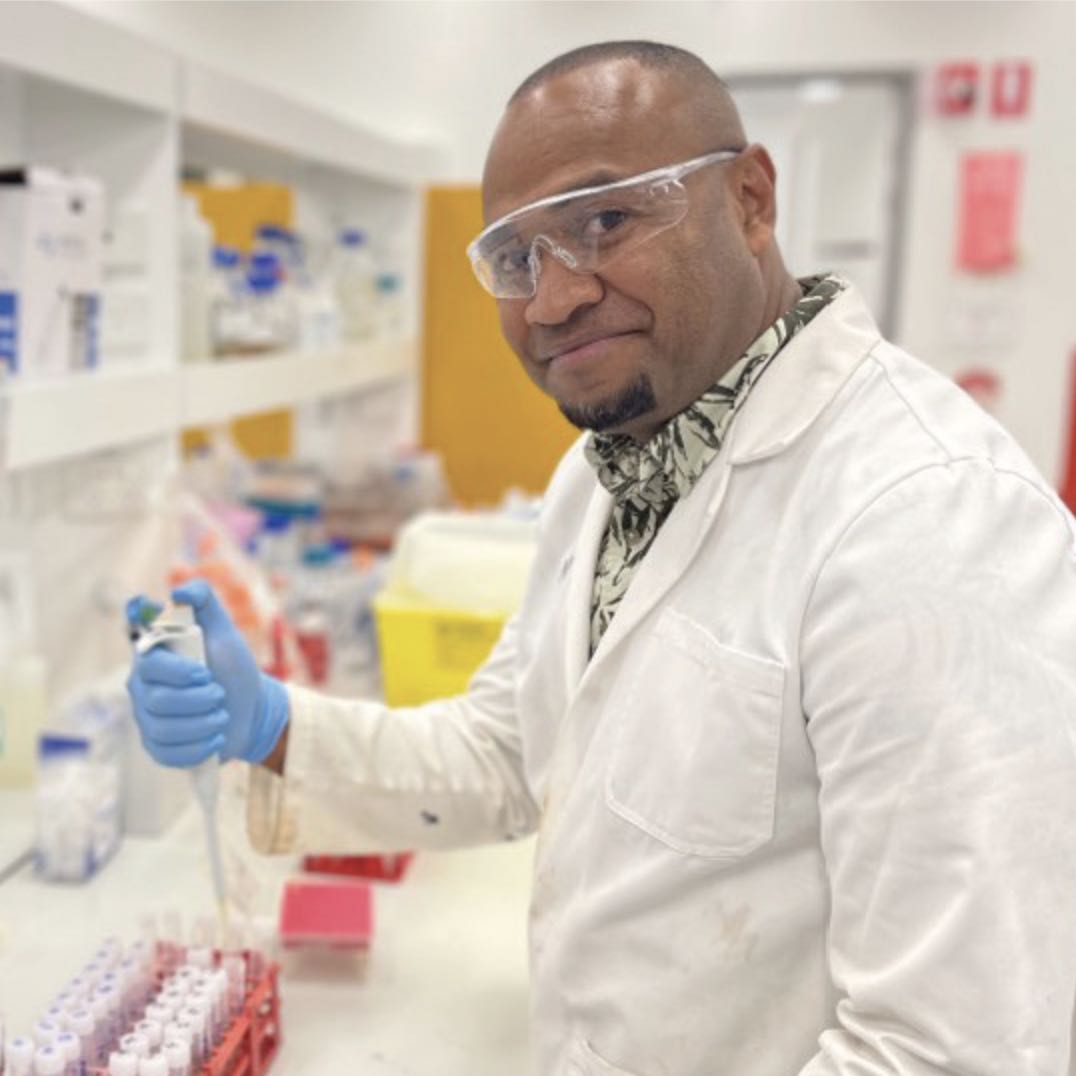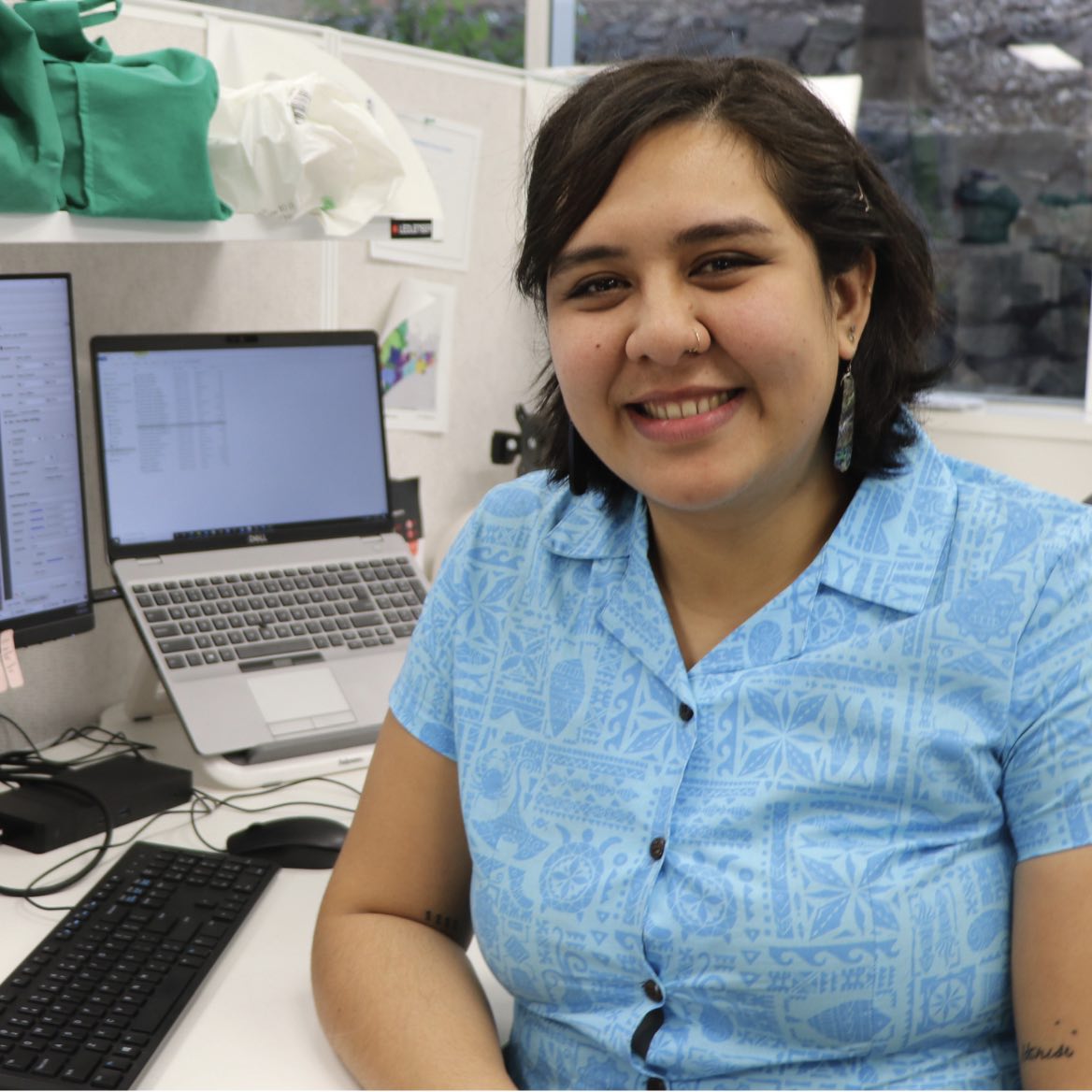

Goal 14:
Life Below Water
Sustainable Fisheries (Community Outreach)
In 2024, the University of Newcastle offered educational outreach programmes in sustainable management of fisheries, aquaculture and tourism, working closely with local and national communities in the Pacific region and beyond.
Through our ‘Looking Ahead’ Strategic Plan 2020-2025 and its Asia Pacific focus, we are committed to ensuring that our nearest neighbours are supported in the face of significant challenges.
- Through the Pacific Node (in partnership with SPREP), the University supports research and education in key environmental priorities, including marine ecosystem restoration, fisheries sustainability, and sustainable livelihoods for coastal communities.
- The Moata’a Living Lab in Samoa: a collaborative project involving local communities, the University, the National University of Samoa, and government agencies. Activities include mangrove replanting, regenerative tourism, cultural programmes, ecosystem assessments, coral restoration and clean‑ups.
- Academic offerings, such as MARI3500 – Sustainable Fisheries and Aquaculture, teach students contemporary techniques in fisheries science, aquaculture, wild‑harvest management, and ecosystem‑based sustainable use.
Active projects show the breadth of research excellence, innovation and training being applied in the region to help understand key areas of priority - climate resilience, terrestrial and marine ecosystem monitoring and restoration, biodiversity conservation, restoration, disaster waste management, plastic pollution, environmental governance, gender and social inclusion, food security and healthy communities.
A number of targeted scholarships have been awarded to Pacific Island Nationals for projects tied to the environmental protection priorities of SPREP and other regional organisations. The PhD candidates are involved in research with project outcomes set to directly benefit their communities in areas including the effects of marine plastics, bioremediation of oil in WWII wrecks, ecosystem-based adaptation to climate change, coral reef adaptation to ocean acidification, and the impact of invasive species on ecosystem recovery.
Moata'a Living Lab
The University collaborates with partners in Samoa to conserve and regenerate the local mangrove environment, which is critical to the region’s culture and economy.
The Moata'a Living Lab is a community-led environmental education and eco-tourism demonstration site aimed at building the resilience of the Moata’a community and improving the ecosystem and socio-economic wellbeing of villagers.
Academics and students from the University of Newcastle and the National University of Samoa work with alongside staff from the Secretariat of the Pacific Regional Environment Programme and the Samoan Ministry of Natural Resources and Environment to support the Living Lab.
The collaboration is part of the University's Pacific Node initiative, which aims to enhance capacity in the region, with a focus on environment and climate change resilience, ecosystem protection, waste management and pollution control, environmental governance, public health, and inclusive education.
Research for Thriving Communities in the Pacific
Case Studies
The University of Newcastle acknowledges the traditional custodians of the lands within our footprint areas: Awabakal, Darkinjung, Biripai, Worimi, Wonnarua, and Eora Nations. We also pay respect to the wisdom of our Elders past and present.


